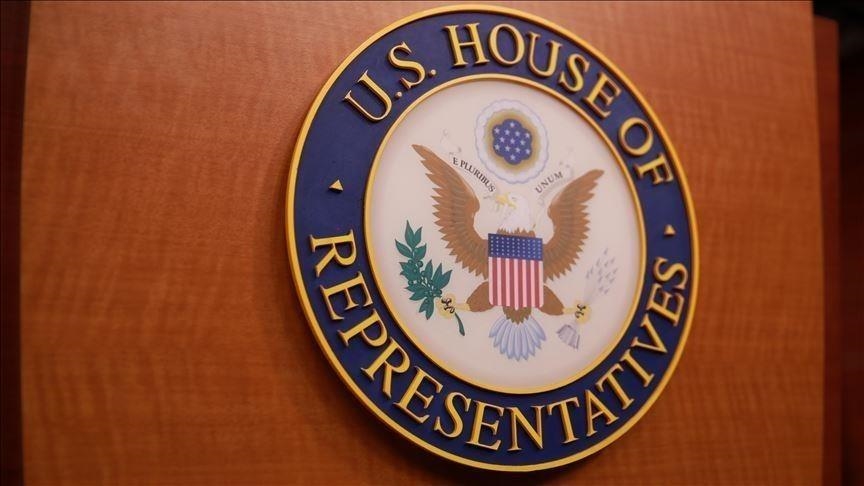WASHINGTON
The US House of Representatives overwhelmingly approved a $886 billion defense spending bill Thursday, sending the hefty package to President Joe Biden’s desk to be signed into law.
A two-thirds vote was needed for the annual National Defense Authorization Act’s (NDAA) passage, and the 310-118 final tally saw broad bipartisan support allowing it to easily clear the threshold. More Democrats than Republicans voted in support with 73 Republicans in opposition.
The Senate approved the package 87-13 late Wednesday, allowing it to head to the White House for Biden’s signature. The funding for the 2024 fiscal year comes in at roughly $28 billion over 2023 levels.
The bill, which runs in excess of 3,000 pages, includes a more than 5% pay increase for service members, and an extension of the controversial Section 702 of the Foreign Intelligence Surveillance Act (FISA). The continuation of the powers, which date to 2008 and were set to expire at year’s end, has sparked strong pushback from both sides of the aisle.
It allows federal authorities to eavesdrop on the communications of foreign nationals abroad, but also the communications of Americans when they are involved with targeted individuals.
Republican Rep. Matt Rosendale said the authorities have allowed the FBI to spy on US citizens more than 278,000 times without a warrant.
“Major reform is needed,” he said on the House floor. “FISA should not be combined with our national defense, and it is unacceptable that leadership is bypassing regular order to jam members by forcing them to vote on two unrelated bills with one vote.”
The Biden administration has said the continuation of Section 702 is vital for national security. It was extended for four months to allow lawmakers time to reform the authorities.
The final text of the defense bill was largely stripped of unrelated Republican provisions, including an effort to force the Pentagon to rescind its policy of reimbursing service members and their families’ travel expenses to receive out-of-state reproductive health care, including abortions.
The matter has been a flashpoint for Republicans after the Pentagon implemented the policy following the Supreme Court’s 2022 repeal of nationwide abortion protections that had been in place for half a century.
Rep. Adam Smith, the top Democrat on the House Armed Services Committee, said in a statement that the bill “is far from perfect, but it reflects hard fought compromise in a time of partisan gridlock and a strong national defense that advances U.S. priorities at home and abroad.”

